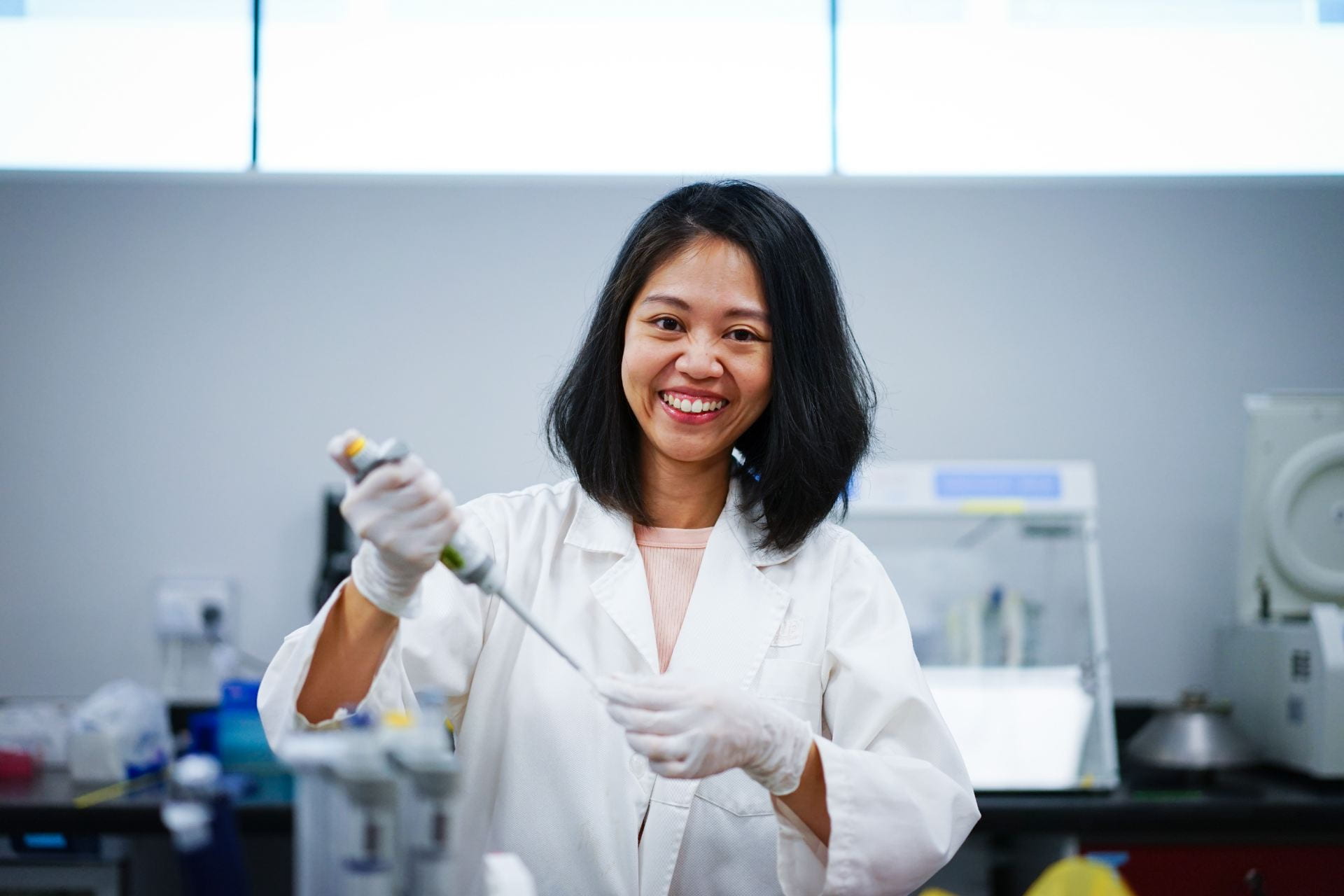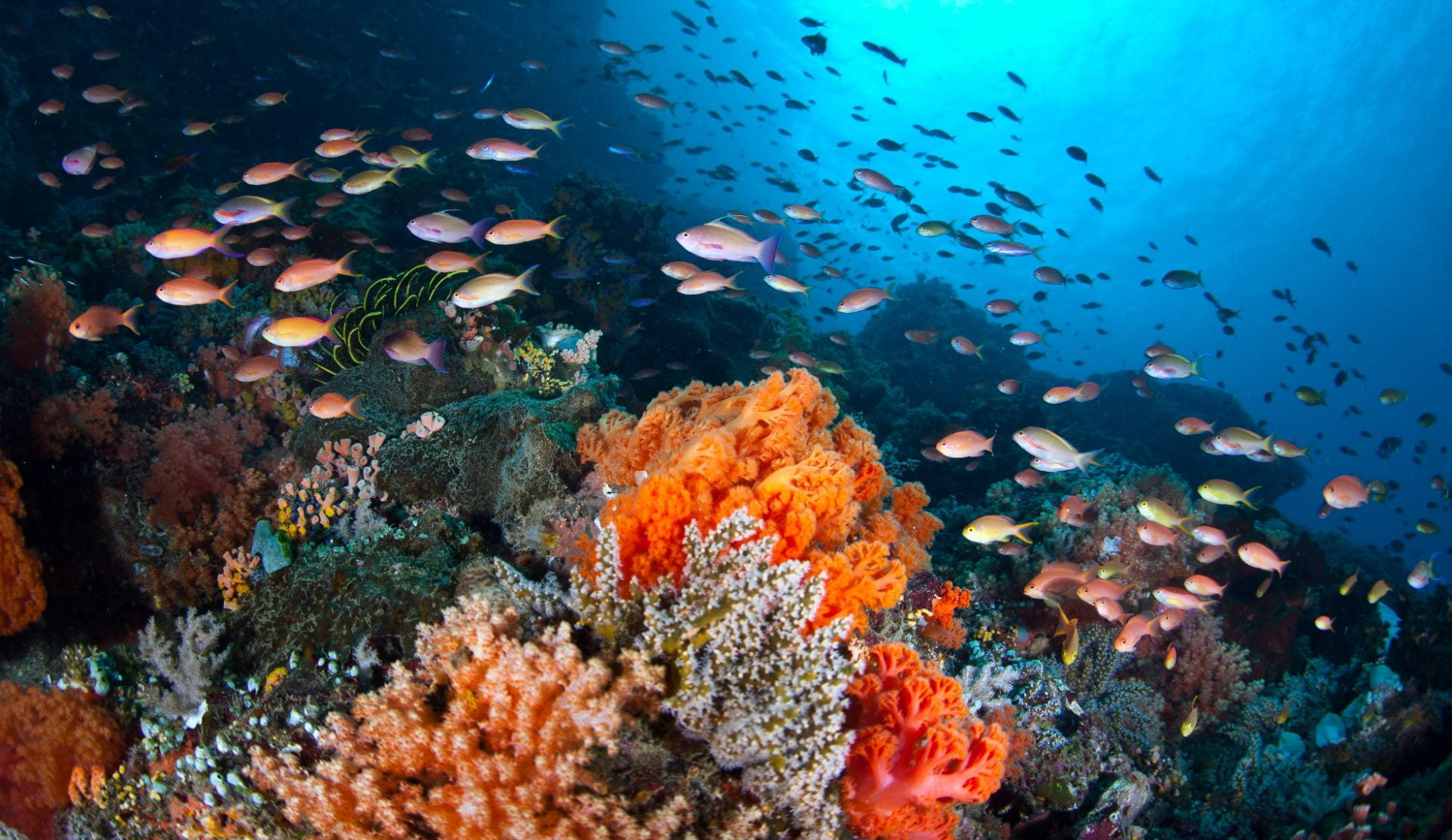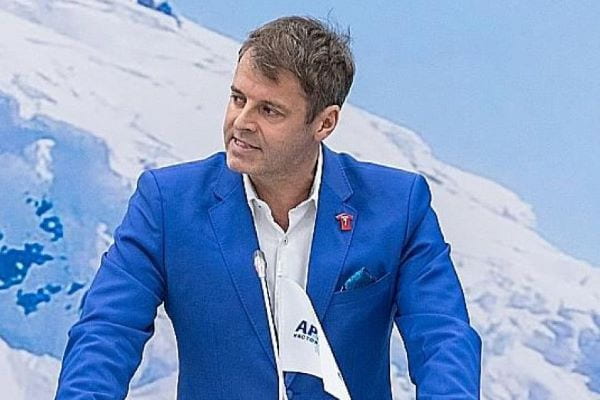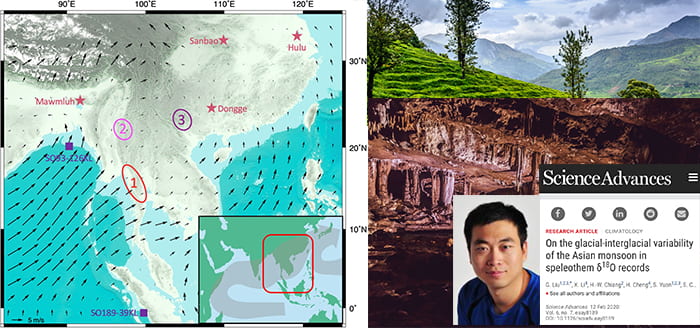Could the pandemic offer an opportunity for humankind to hit the reset button and address the environmental crisis and the climate emergency? This is what ASE Chair Prof Benjamin Horton and his father Peter Horton, Emeritus Professor at the Department of Molecular Biology and Biotechnology, University of Sheffield, suggest in an opinion piece in Today Online.
Tier 3 to ASE/EOS Prof Horton and Collaborators: Southeast Asia SEA-level Program – towards home-grown expertise on sea level science and policy
The SouthEast Asia SEA-level program, led by Prof Benjamin Horton, sets out to produce world class interdisciplinary sea-level science focused on Southeast Asia and framed to promote resilient coastal cities and communities in Singapore and the surrounding region. An important goal of the program is to train a home-grown scientific community that can respond to Singapore and Southeast Asia’s need for future sea-level projections and their interpretation, that is both the scientific basis and its translation into policy.
Volcanic Crystals Reveal Time Scale of Volcanic Plumbing System Processes
Time scales of volcanic processes leading up to a volcanic eruption is a key part of the puzzle to predict volcanic eruptions, and this is the special interest of ASE Assoc Prof and EOS Interim Director Fidel Costa. In a recent article in Nature Reviews Earth and Environment, he outlines the technique of diffusion chronometry, where volcanic crystals are used as time capsules that, for those who know how to read them, can reveal the time scale of underground magmatic processes of a volcano.
New NRF Fellow Asst Prof Perrine Hamel uses nature to design sustainable cities
As a densely populated city on a small island, Singapore is no stranger to urban planning; on the contrary, it has been a key part of the growth of Singapore, enabling housing of an increasing population and growing industry while still preserving sizeable green areas.
Making a Mark for Women in Science (Part 3): Paleotempestologist Yap Wenshu
Making a mark for women in science – Meet NTU Asian School of the Environment PhD student Yap Wenshu, who is a recipient of the 2020 Women in Engineering, Science, and Technology (WiEST) Conference Grant. The paleotempestologist shares with us about how she found herself in earth sciences, and her research. What does a paleotempestologist study, you might ask? Read on to find out!
Key to Corals’ Bleaching Susceptibility Lies in their Diet
Climate change and warming oceans are major threats to coral reefs and can cause widespread coral bleaching. As coral scientists and conservationists work against the clock to restore and preserve coral reefs, new research has revealed some corals have a secret to help them tolerate climate change.
Whittaker Distinguished Ecologist Award 2020 to Prof David Wardle
Congratulations to ASE Professor David Wardle, who has been announced as the 2020 recipient of the Whittaker Distinguished Ecologist award from the Ecological Society of America (ESA). The Whittaker Award recognizes an ecologist with an outstanding record of contributions in ecology who is not a U.S. citizen and who resides outside the United States.
ASE Chair Prof Benjamin Horton Elected To International Climate Panel
Professor Benjamin Horton, Chair of ASE, has been elected to serve as a member of World Climate Research Programme’s Grand Challenge of Climate and Ocean: Variability, Predictability and Change (CLIVAR).
The importance of understanding climate change: CNA commentary by ASE Assoc Prof Adam Switzer
The year 2019 concluded a decade of consistently rising global temperatures, rapidly retreating ice sheets, and record sea levels – all driven by greenhouse gases produced for the most part by human activities.
Mystery of the Asian monsoon’s historic unresponsiveness to glaciation in East Asia set straight in new study from ASE/EOS
The Asian monsoon is the world’s largest weather system and affects the lives and livelihoods of about half the world’s population. Current human-induced climate change is affecting the Asian monsoon and causing it to change in various ways, with potentially huge socioeconomic consequences.










